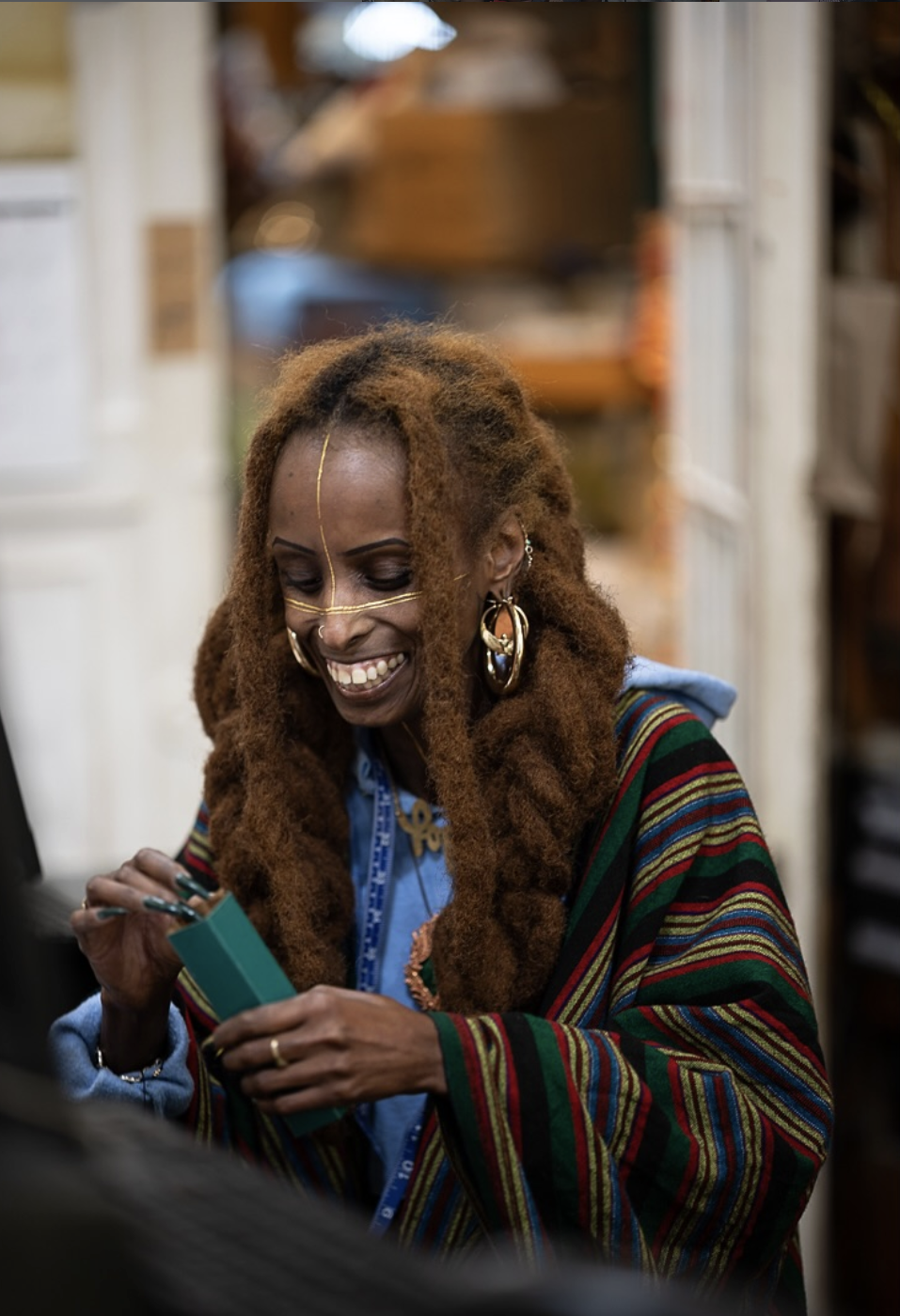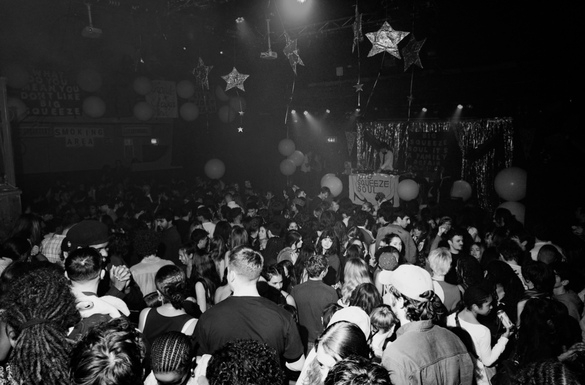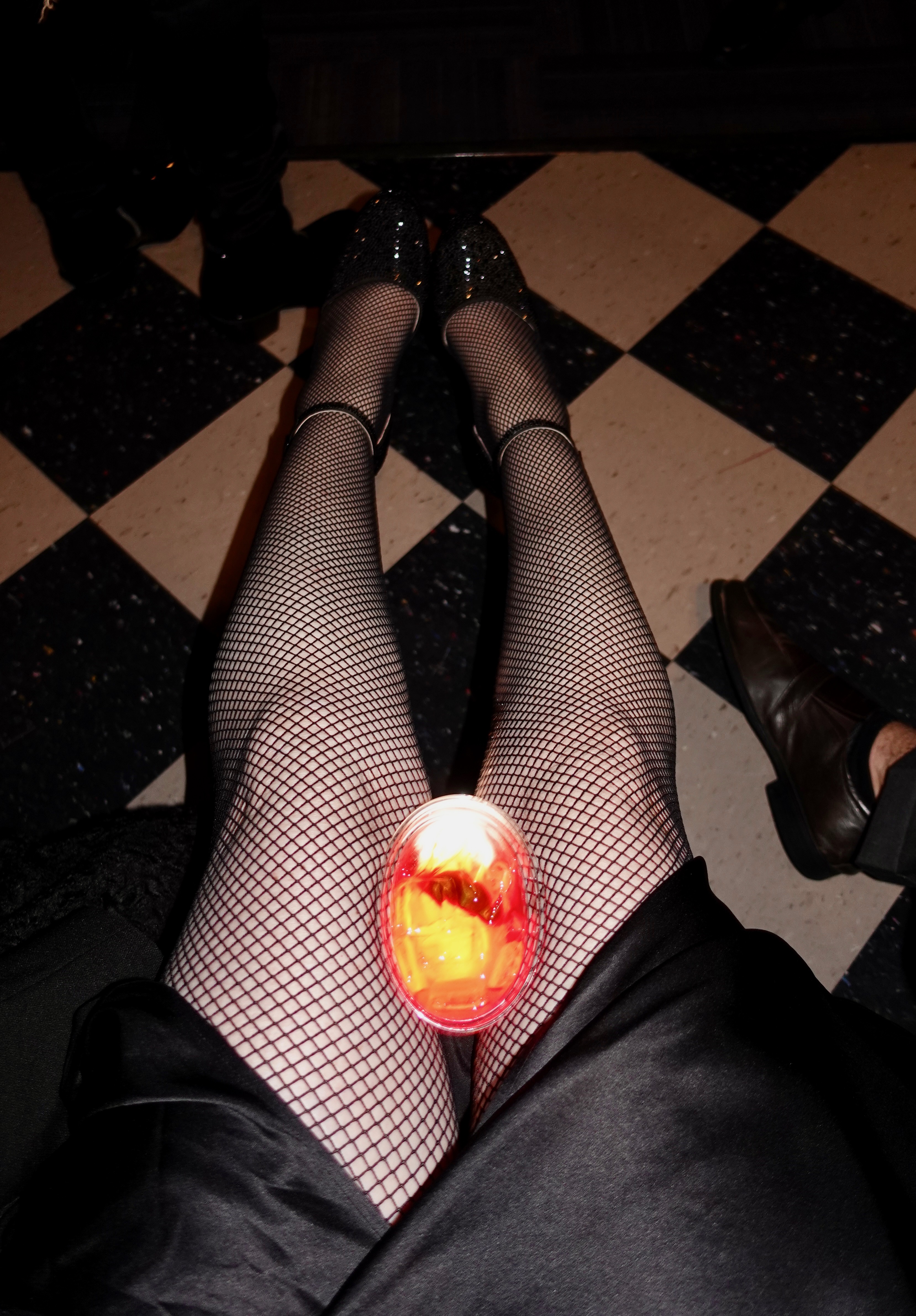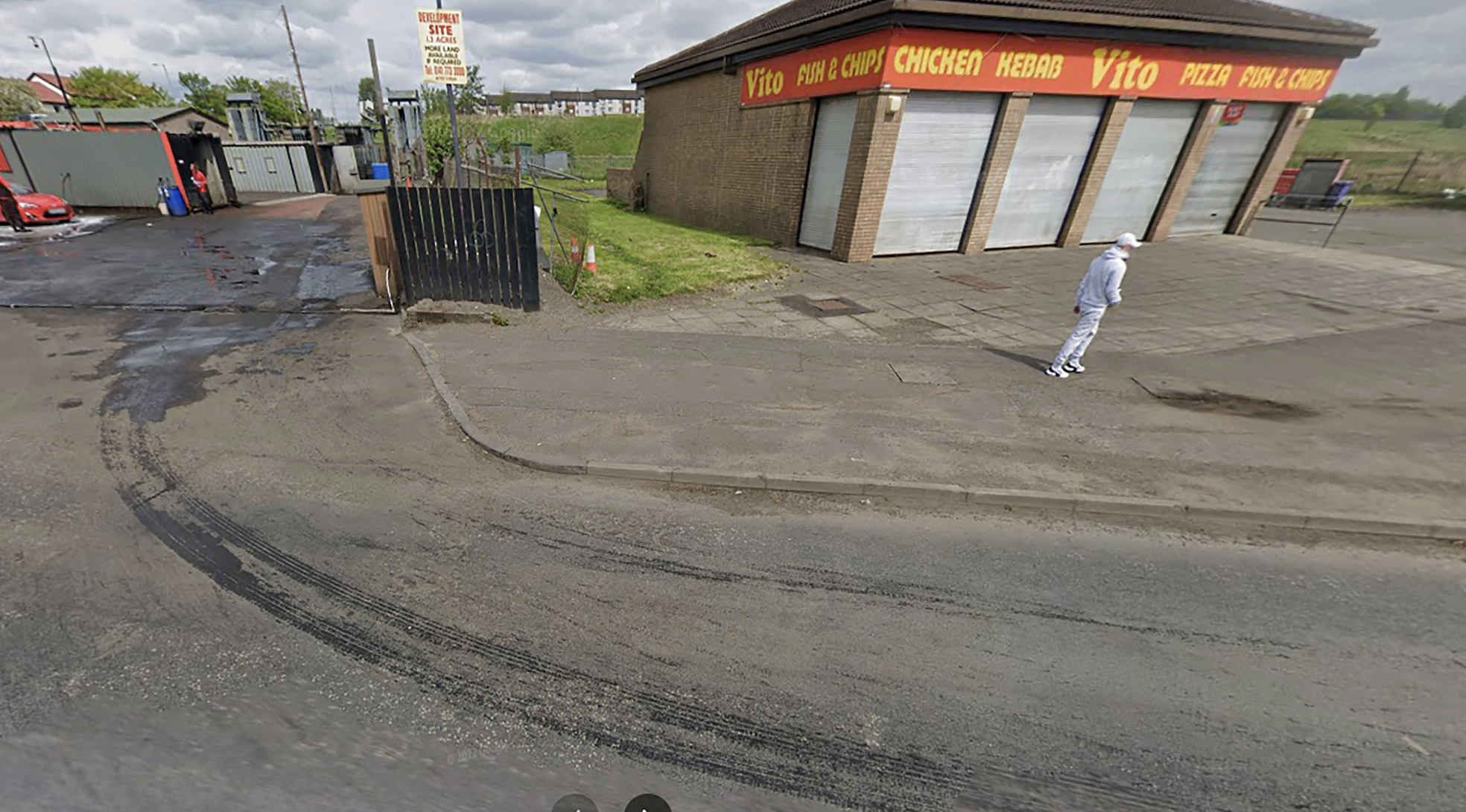I, like many others, have a Starbucks alter ego. I birthed “Emma” after far too many awkward moments in front of the cashier. With only about thirty seconds to recite your order, swipe your credit card, and say your name, you feel a mob of pressure from the growing line behind you, all impatient to get their morning coffee fix. Sure, “Eunice,” the name I go by, isn’t the worst to mess up on, but there’s something satisfying about how “Emma” always elicits an immediate nod from a cashier drained of having to ask people to repeat their names and spellings. This is a reaction I grew up without, a sort of luxury that only the Emma’s and John’s of this world get to partake in.
With “Yuliang Bao” as my name on the attendance sheet, I dreaded the moment a teacher got to the letter “B.” I always knew when it was coming — a scrunched up face, glasses pushed up before a hesitant “Yul…” I usually jumped in at this point, saving the day with “I go by Eunice.” I especially hated when a substitute teacher said “you (yu)” instead of “Yuliang.” It made everyone uncomfortable because people who don’t know me personally would just refer to me as “hey… you…”
The first time I remember wanting a different name was as young as age five, when my kindergarten classmates struggled to pronounce “Yuliang Bao.” I don’t blame them — it’s not aesthetically pleasing to the ears or smooth to the voice. My parents thought of the name long before I was born, anticipating I would be a boy. By fusing the names of two warring military generals from the golden age of China: 周瑜(Zhou Yu) and 诸葛亮 (Zhu Geliang), they came up with 包瑜亮 (Bao Yuliang). This name would have been fitting and easily understood, you know, if I was a boy growing up in China. Unfortunately, we moved shortly after I was born, and my childhood was spent at American schools unfamiliar with Chinese historical novels.
Tired of people mispronouncing my name, I came home from kindergarten one day and begged my parents to let me have an English name. They agreed. Having lived in China their entire lives, they felt bound to their names. I, on the other hand, had only five years behind me and could adopt many names before settling. One of my parents’ friends suggested “Shiny,” and that name stuck with me for a brief couple of months, restricted only to my family’s closest circles. After all, how does a five-year-old convince people to start calling her “Shiny?”
Realizing that Shiny wasn’t going to cut it for first grade (thank goodness), my dad, determined to help me find a new name, googled a list of names in a sketchy search engine, and we spent hours deciding which would suit me most. Eventually, we narrowed it down to two: “Elizabeth” and “Eunice.” Coincidentally, I had just finished doing a school project on Elizabeth Blackwell, the first woman who received a medical degree in America, but she was British, and I was not. I somehow thought Elizabeths were reserved to the blondes and doctors of the world, and from a young age, I knew I was neither blonde nor good at science. The next day, for the first time in my life, I proudly told everyone at school that I went by Eunice. My teachers and classmates were relieved — no longer having to think long and hard every time they talked to me.
As I grew from each stage of my life, so did my relationship with names. My names became more than a stumbling block for teachers or a nuisance at a coffee shop. Now, I see them as a conversation starter, a historical marker, a cultural phenomenon and a continuation of legacy in and of itself. Name stories are an extension of your identity, no matter how silly or profound their origins are.
I imagine Yuliang Bao to be intelligent, decisive, and brave — all qualities that my parents had admired in the two generals and hoped upon me. Of course, I faint at the sight of blood and barely remember the order of Chinese dynasties, but I do try to brush up on my Chinese once in a while.
I picture Shiny as the symbol of a brief identity crisis, the first of many to come. She’s a mere dot on the timeline, but at least she’s a fun fact during introductions.
I see Emma as someone who’s not afraid to ask for an extra napkin at a restaurant, an unapologetic go-getter with an iced coffee in hand, ready to take on the winds of the world.
I imagine Eunice to be, well, the girl writing this story today. She daydreams of her next Starbucks alter ego and subconsciously adds to her growing list of future baby names, inspired by the names of planets, flowers, book characters, and everything in between. She may not be the most true to the two legendary Chinese warriors or as confident as the Emma standing in front of the Starbucks cashier. Nonetheless, she embraces her nuances, bridging the gap between every part of her identity, each name and the quirks it connotes.
All this is to say that names matter. A rose wouldn’t smell as sweet if it had any other name. Each person you meet affects your perception of their name, from historical figures, celebrities, or even that annoying girl from high school. Inseparable from essence, names evoke emotion, power, and empathy. To say someone’s name is to honor their name story. So the next time you open your iPhone notes to jot down a new name idea, remember this. That may be your future child’s name story. Think wisely.
Photography by Noah Shaub













